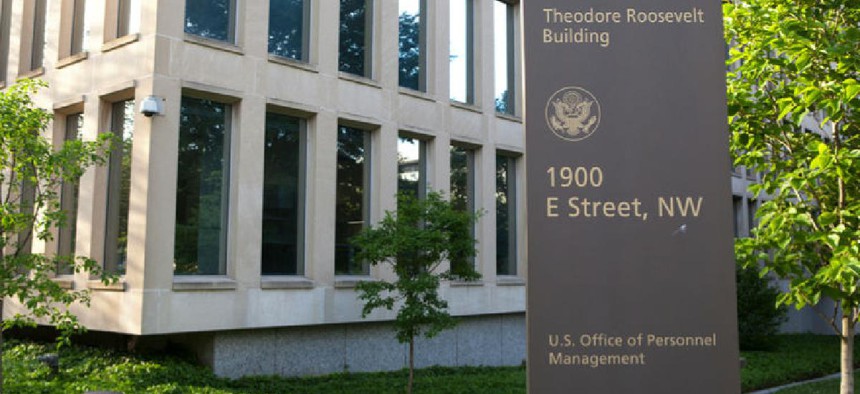New OPM guidance addresses locality pay and travel costs for remote workers

A new document addresses a range of considerations for post-pandemic workforce planning in the context of current regulations.

A new document from the Office of Personnel Management dissects current human resources policies for issues ranging from managing remote workers to flexible work schedules as agencies plan for re-entry into offices and a post-pandemic federal workforce.
The additional guidance includes sections on remote work as it relates to locality pay and travel reimbursements, two policy areas already flagged by OPM officials as complicated by not being designed for federal employees to live and work far from their agency's offices, but it does not issue new policy.
A section on labor-management relations also reminds agencies that they may have collective bargaining obligations over re-opening procures, such as how much notice employees get before they return to the office or what safety measures will be in place when they do.
Agencies should bargain before they direct employees to return, the guidance states. The document also includes a reminder of President Joe Biden's instructions for agencies to bargain over a broader set of "permissive," non-mandatory bargaining subjects.
In her daily White House briefing on Tuesday, Press Secretary Jen Psaki said the administration had not made any determination yet about the legality or appropriateness of mandating that federal employees get vaccinated. That same day, Veterans Affairs Secretary Denis McDonough announced a vaccine mandate for Title 38 VA employees involved in patient care.
This new FAQ, dated July 23, comes soon after agencies' July 18 deadline to submit their preliminary reopening plans. It also lands in the midst of rising COVID-19 cases nationwide and increasing concern about the Delta variant of the virus, two conditions that could interfere with reopening.
Remote work
OPM has already encouraged agencies to take advantage of this junction to facilitate a more hybrid workforce.
One type of flexibility is remote work, a setup where workers don't report to the office regularly like teleworkers. OPM highlights potential benefits like retention, but also notes that approving remote work comes with costs.
"There may be several cost implications for the agency and the employees who are approved for remote work (e.g., changes in locality pay, travel expenses, etc.). Agencies should assess all benefits and costs before approving a remote work arrangement," the document states.
OPM will issue a "Remote Work Guide" to "further explain the implications, considerations, and strategies for the appropriate use of remote work," according to the recent guidance.
Federal employees have an "official worksite" that determines certain pay and benefits like locality pay and travel expenses. While teleworkers' official site is the agency's office, remote workers' is their home or alternative work location. That difference can affect costs.
During the pandemic, much of the government was operating under exceptions for mass teleworking that meant that feds' official worksites remained their agency worksite, but the math changes outside of an emergency exception.
An employees' official worksite determines their locality pay, a percentage rate increase to the pay of feds in the General Schedule.
Their location also formulates travel reimbursements, a cost agencies have flagged as a potential impediment to broad scale remote work, according to an OPM official.
For feds living in the agency's official commuting area, relocation benefits and temporary duty travel expenses, which cover costs for official business, don't apply.
If a remote worker's official station is outside the agency's commuting area, however, "reimbursement will apply each time the employee needs to travel back to the office in person," the guidance states.
Officials should think about how often they'll want a remote fed to come into the office, especially if they are working outside the local commuting area of the office, the guidance states. Technically, agencies are able to set parameters for where remote work can be done, it says.
In terms of relocation costs, agencies "generally" won't have to them for feds that asked to work remotely, but they might have to if the agency relocates them back to the agency office, according to the document.
Another potential cost for agencies is equipment like monitors, chairs and standing desks for remote and teleworking feds.
If the agency posts a position as remote, then they have to provide equipment needed for the positon, the guidance states. If an employee requests remote work, the agency can decide what to offer. Since telework is voluntary, agencies policies for equipment may vary for this as well, the guidance states.
NEXT STORY: VA mandates vaccines for clinical staff



